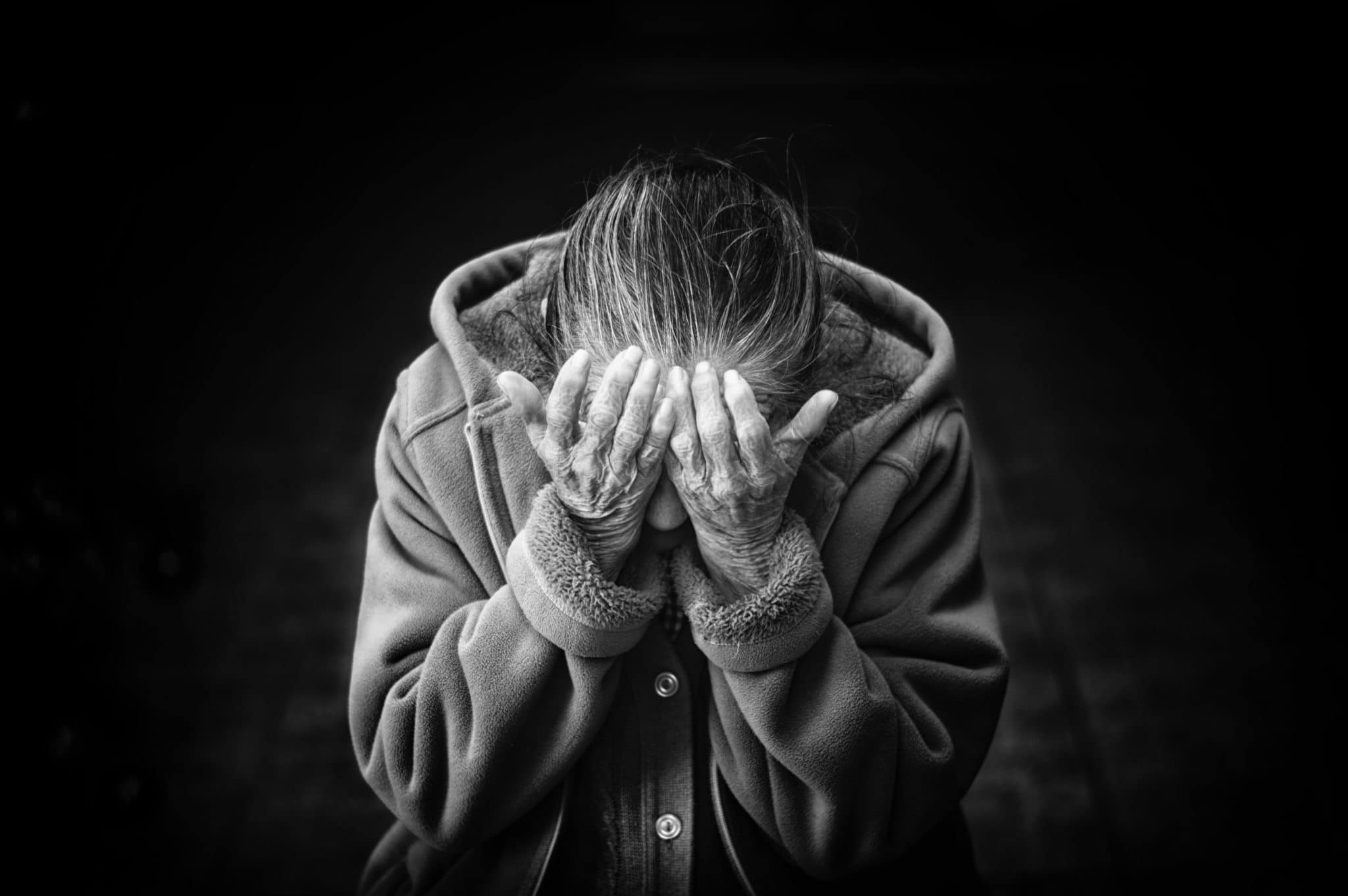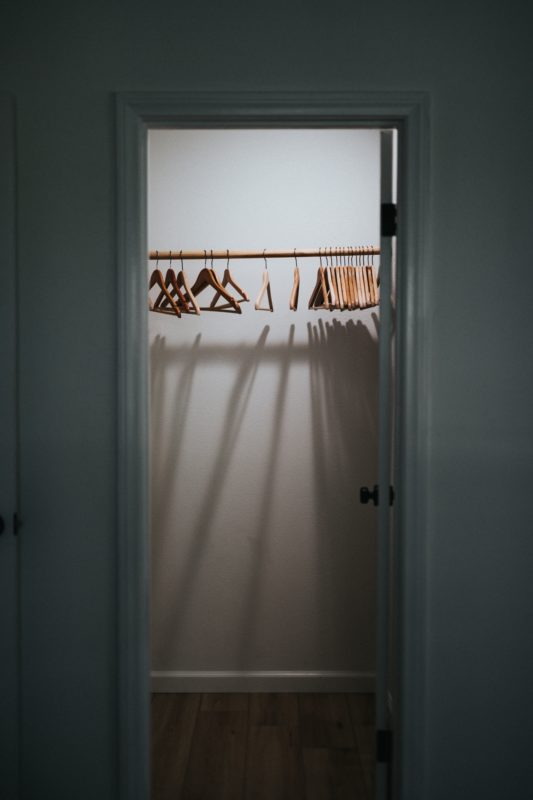
Living alone after death of a spouse is one of the hardest things a person can endure. This is true whether you were married or simply building a life together, whether you spent decades together or were partners for a shorter amount of time. When you’ve lived with someone and then that someone dies, it can be difficult to know how to live in that space without them.
For anyone who loses a spouse or partner, there will be both personal struggles and logistical struggles. By that we mean you will be dealing with both the very personal feelings of grief over the death of your loved one and you will be the person who will be expected to take care of practical life tasks. The latter might seem impossible, given the intensity and pain of the former.
It’s important to remember to give yourself grace as you grieve. You might not do things quickly. You might avoid certain tasks. You might postpone doing the things that seem the most painful, like going through your spouse’s belongings. Remember that help is available for you, both in your immediate circle of family and friends and from professionals who specialize in grief counseling. When you find yourself overwhelmed, reach out. Ask a friend to go for a walk, or to have dinner. Call a therapist. Do whatever it takes to help yourself through his time.
 Living Alone After the Death of a Spouse: Moving Forward
Living Alone After the Death of a Spouse: Moving Forward
Grief is a complicated experience that is different for everyone. Grief isn’t linear, which means that it doesn’t always unfold the way we think it should. It can change over time and even, sometimes, intensify again after a long period of time. Grief is sensitive to the other goings-on of your life. For instance, grief might intensify when there’s a reason to celebrate (like the birth of a baby, for example) or when there’s reason to mourn (like the death of a friend, or the loss of a friendship). This is because we are wired to share these experiences with those we love, and after a spouse dies, the person we instinctively want to share the experience with is gone.
Some folks talk of “moving on” after the death of a spouse. They mean well, as in they want you to find ways to keep going after tragedy. They might encourage you to go out more often, to make new friends, even to start dating. Sometimes, it might feel like it’s disrespectful to the memory of your spouse or partner if you “move on” after their death. For some, it might even feel like they’re erasing that person from their life.
It might help, however, if you reframe the idea of “moving on” with the thought of “moving forward.” Trying a new hobby after the death of a spouse won’t replace your memories with your spouse, but it might help you move forward through the grief of missing them. The same is true of making new friends or even beginning new relationships. You can move forward in your life without moving on from the memories of your loved one.
Living Alone After the Death of a Spouse: Going Solo
Part of moving forward is learning how to live alone after the death of a spouse. One of the most unique aspects of losing a spouse is how the surviving spouse’s social life can change. When you may have always done things together, whether that was just having company for dinner or being part of a larger group of couples, now you are facing that without your loved one at your side.
The loneliness that comes with being solo after being part of a couple can seem overwhelming. But there are things you can do to help. You might opt for spending time with one friend rather than a group. You might volunteer to babysit your grandkids, if you have them, or a co-worker’s children. You might adopt a pet, join a new group to indulge in a hobby you love, or take an exercise class.
The key is to fill your time with activities and people you enjoy, no matter how that looks for you.
Living Alone After the Death of a Spouse: Honoring Their Memory
Moving forward doesn’t mean that you forget about your loved one. It means that you create new ways of including their memory in your life, even after their death.
For some that might mean keeping photographs of their spouse prominently displayed in the home. For others it might mean continuing a tradition that was important to their spouse, like decorating a special tree at Christmas. For still others, it might mean starting a charity that bears their spouse’s name.
However that looks for you, embrace the opportunity to keep your spouse’s memory alive even as you grieve their death.
Living Alone After the Death of a Spouse: Dealing with Their Things
When a spouse dies, the surviving spouse is often left to deal with the “things” of their loved one’s life. Their clothes, their books, their hobby equipment, their office; when we share a home with someone, our things commingle and become part of our everyday lives.
Knowing when it’s time to clean out your deceased spouse’s closet is a very personal feeling. But it’s important to do this when it feels right to you. Especially immediately after your spouse’s death, don’t let others tell you that you must dispose of their belongings. It’s your decision when and how that happens.
Give yourself the space to give that some thought. If you and your spouse discussed end of life issues, they may have told you how they wanted their possessions dealt with after their death. If you didn’t have those conversations, it will be up to you to decide if you bestow those on friends and loved ones, sell them, or donate them to charity. You might have to take time to think through those options before you act. Give yourself the time to do so.
Living Alone After the Death of a Spouse: Getting Help
We’ve helped thousands of families move forward after the death of a loved one, and we’d be honored to walk with you on your journey. There are also other resources that can help. Reach out to a support group if that feels right to you. Call a hotline or ask a friend to go for coffee. Just remember that even though your loss is very personal, you don’t have to endure it alone.



Recent Comments